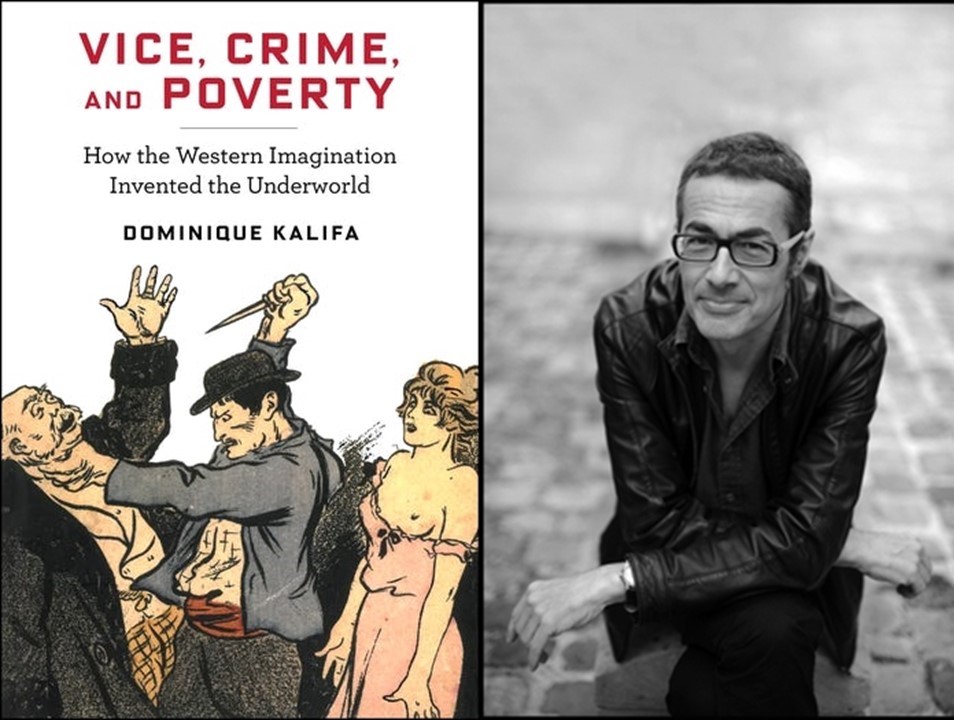Our February Presidents: A Post from Thomas W. Evans
 Thomas W. Evans is the author of The Education of Ronald Reagan: The General Electric Years and the Untold Story of His Conversion to Conservatism.
Thomas W. Evans is the author of The Education of Ronald Reagan: The General Electric Years and the Untold Story of His Conversion to Conservatism.
Four presidents were born in February: Washington and Lincoln, William Henry Harrison, and Ronald Reagan. Recent surveys of our presidents have placed Reagan in the “near great” category. But Reagan’s reputation is rising each year. All Republican candidates invoke Reagan’s achievements and even Barack Obama fleetingly recalled the aura of change and optimism that prevailed in Reagan’s eight years.
Only Washington, Lincoln, and Franklin Roosevelt (who missed a February birth date by two days) have been placed in the “great” category by serious scholars. But the time has come to reevaluate Reagan for admittance to that club. Among Reagan’s achievements: he embarked on the zero option with the Soviets, actually destroying nuclear weapons, not simply reducing the rate of their future production, he initiated the Reagan Doctrine and the Strategic Defense Initiative. As Margaret Thatcher pointed out, “He won the Cold War without firing a shot.”
On the domestic front, he mounted a tax revolution; fired striking air traffic controllers; rebuilt our depleted military; and provided the basis, even in the face of large deficits at the outset, for a prosperous and productive economy. All of these achievements comprised a conservative agenda which Reagan had firmly in place before he became president in 1981. What the Republican candidates who invoke his memory often forget, however, is that he was once, to use his self-description, “a liberal” and a “New Dealer to the core.”
In The Education of Ronald Reagan: The General Electric Years and the Untold Story of his Conversion to Conservatism, I trace his move from liberal to conservative, from actor to politician, during the 1950s, when he worked for GE as host of their television program and spent two years traveling the country, talking with their employees and giving speeches in the communities where their plants were located. He was already a strong anti-communist when he arrived at GE (based largely on experiences in the Hollywood labor wars, when he headed the Screen Actors Guild), but these were the years when he and his close friend, attorney Larry Beilenson (who was not associated with GE) hammered out all of the elements of what later became Reagan’s foreign policy and the grist for Beilenson’s three books, all published before Reagan’s inauguration in 1981.
Reagan described his years at GE, working largely with GE’s vice president Lemuel Boulware, as his “postgraduate course in political science” and an “apprenticeship for public life.” He was always an omnivorous reader and we know that during this period he read von Mises, Lenin, Hayek, and the practical economics of Henry Hazlitt. True, his background and his upbringing created fertile soil for his education. But prior to his GE years he had campaigned for Harry Truman and Hubert Humphrey in 1948 and had supported Helen Gahagan Douglas in her unsuccessful U. S. Senate contest against Richard Nixon in 1950. The notion that conservatives are born that way and never change is refuted by Reagan’s record, his process of “self-education,” and the thoughtful, constructive way in which he changed his views and ultimately changed the country.







